Things You Need To Know If You Are A Fat-Cat Owner
Obesity in domestic cats is a growing trend that can seriously affect your cat's health and lifespan. Therefore, have the following in mind if you realize that you are a fat-cat owner!
Due to the stress that being overweight places on their joints, fat cats are also more likely to acquire arthritis. The likelihood that your cat may acquire these chronic conditions is significantly reduced if you keep them at their optimal weight.
Your cat is overweight if, when viewed from above, he resembles a straight tube or if his waist extends over the ribs. Without having to weigh your cat, you may estimate his weight by using a feline body condition score system. Get your hands on a long-haired cat and feel around the sides of the body for a waistline that has been beautifully concealed by fur. Your cat is healthy if you can feel its ribs with a firm touch. If you just feel chubby, it's time to start a diet.
Even while most of the time those carbohydrates aren't an issue, if your cat is persistently fat or having difficulties reducing weight, it would be worthwhile to discuss trying a special low-carb ( 10%) diet with your veterinarian.
People are always being urged to drink more water since the water content of their Westernized, processed meals can be relatively low, according to Zoran. "Dry cat food is the same."
Visit https://aubtu.biz for more interesting and funny posts daily. For more animal memes and touching stories, click here.
#1. A fat cat can lead to bad health
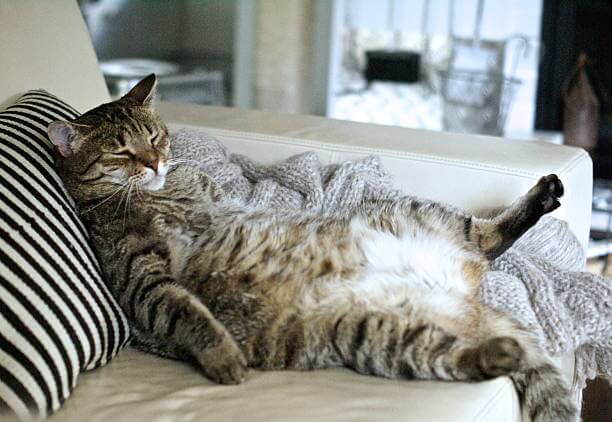
Due to the stress that being overweight places on their joints, fat cats are also more likely to acquire arthritis. The likelihood that your cat may acquire these chronic conditions is significantly reduced if you keep them at their optimal weight.
#2. It's hard to aware a fat cat
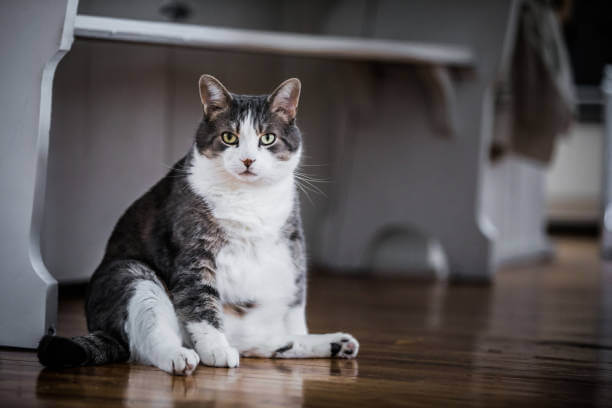
#3. Weigh a fat cat by looking
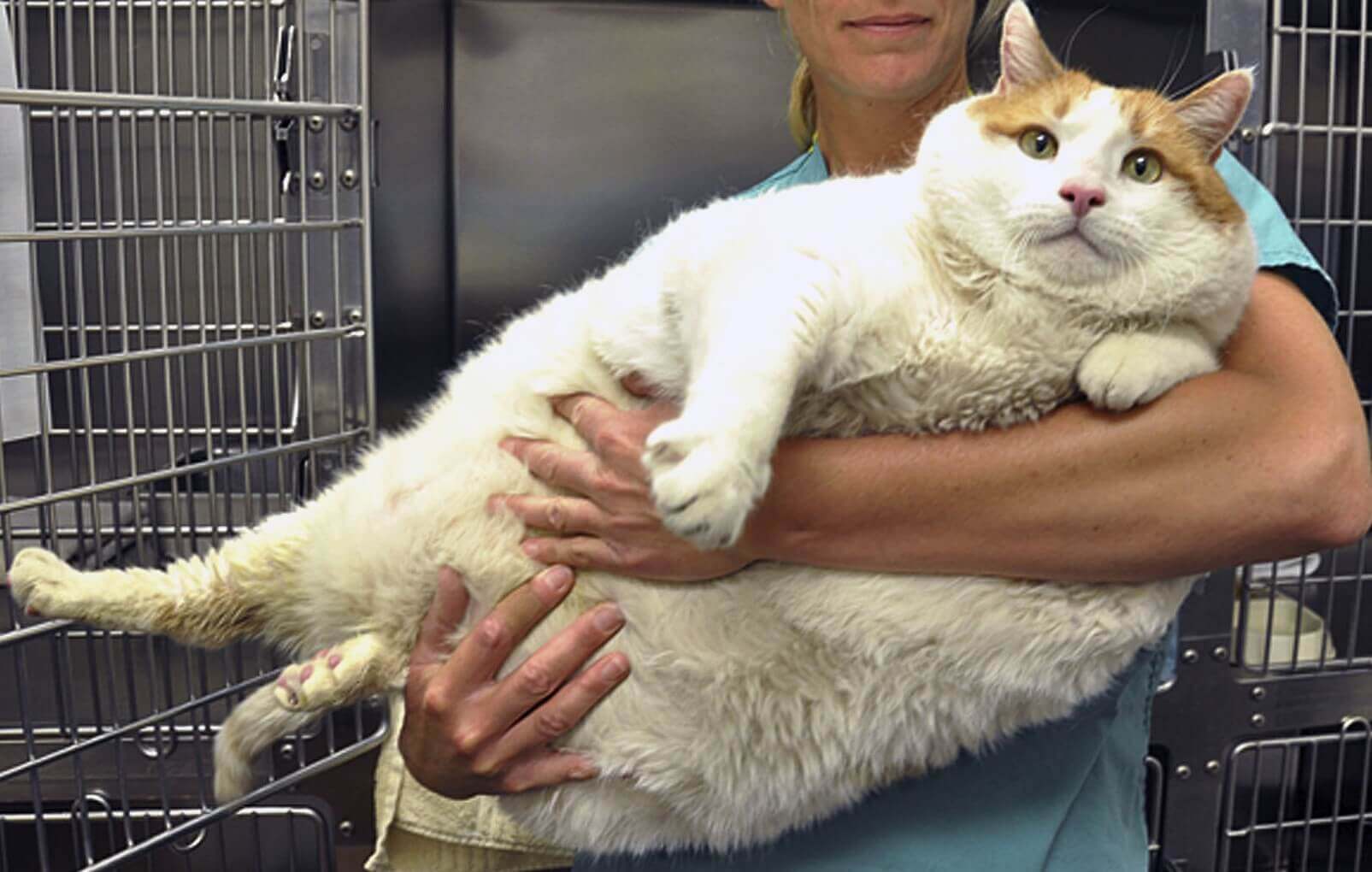
Your cat is overweight if, when viewed from above, he resembles a straight tube or if his waist extends over the ribs. Without having to weigh your cat, you may estimate his weight by using a feline body condition score system. Get your hands on a long-haired cat and feel around the sides of the body for a waistline that has been beautifully concealed by fur. Your cat is healthy if you can feel its ribs with a firm touch. If you just feel chubby, it's time to start a diet.
#4. Diet may cause obesity
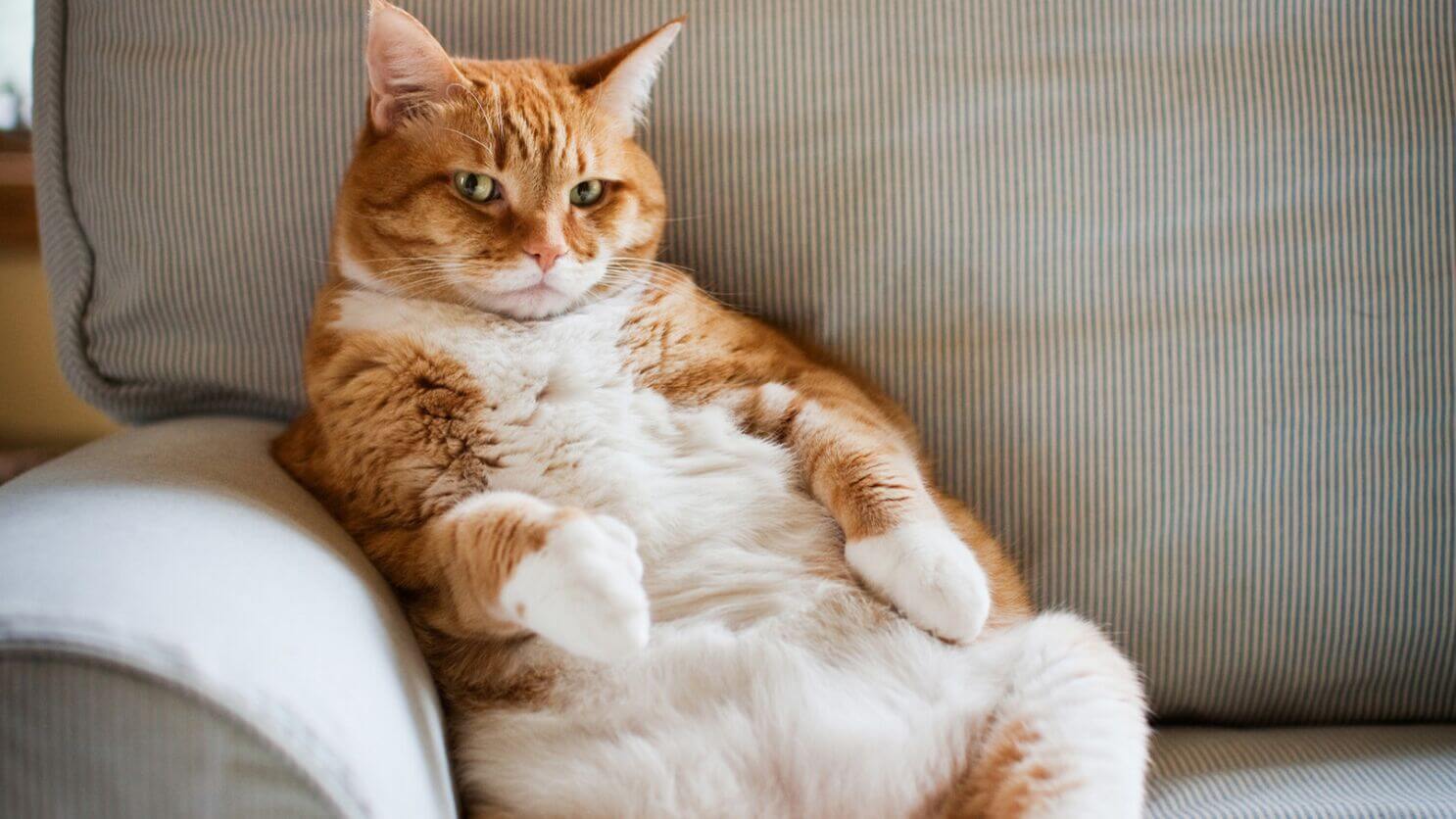
#5. A fat cat needs to worry about carbs
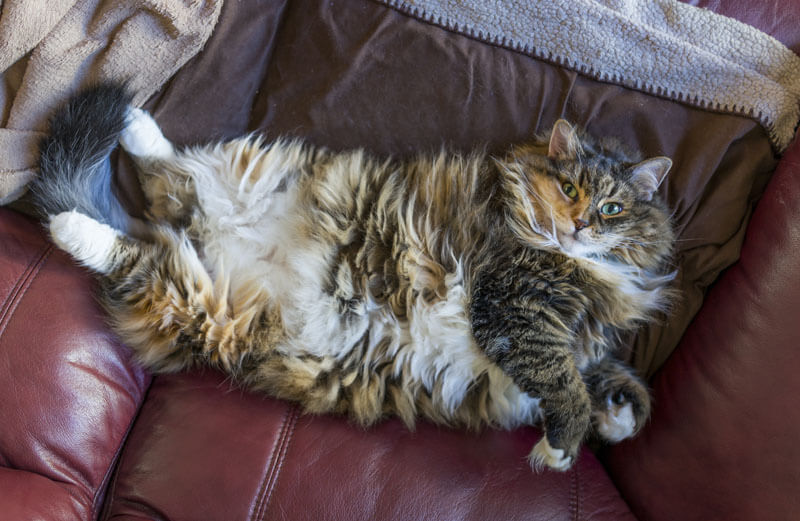
Even while most of the time those carbohydrates aren't an issue, if your cat is persistently fat or having difficulties reducing weight, it would be worthwhile to discuss trying a special low-carb ( 10%) diet with your veterinarian.
#6. Stop sharing food with them
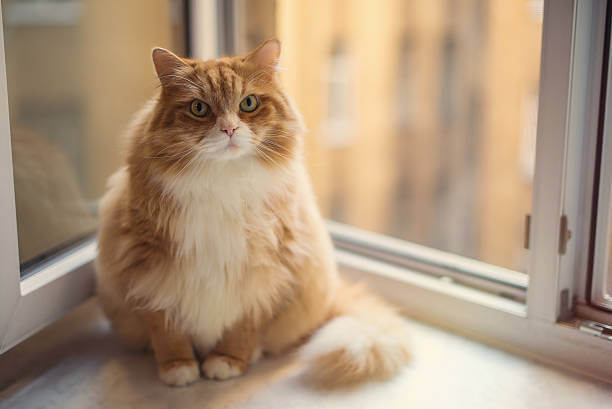
People are always being urged to drink more water since the water content of their Westernized, processed meals can be relatively low, according to Zoran. "Dry cat food is the same."
#7. Weigh your cat regularly
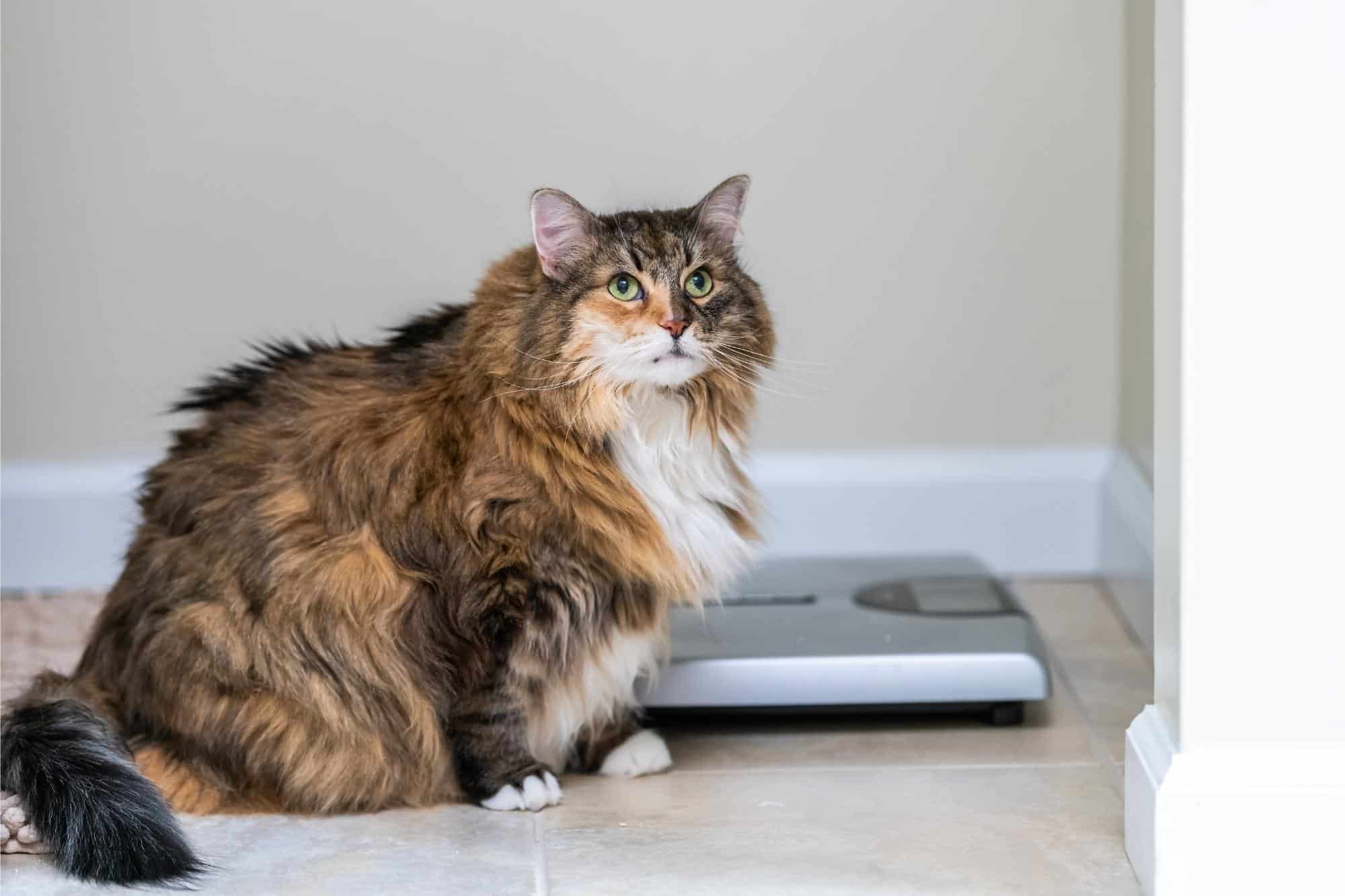
Visit https://aubtu.biz for more interesting and funny posts daily. For more animal memes and touching stories, click here.